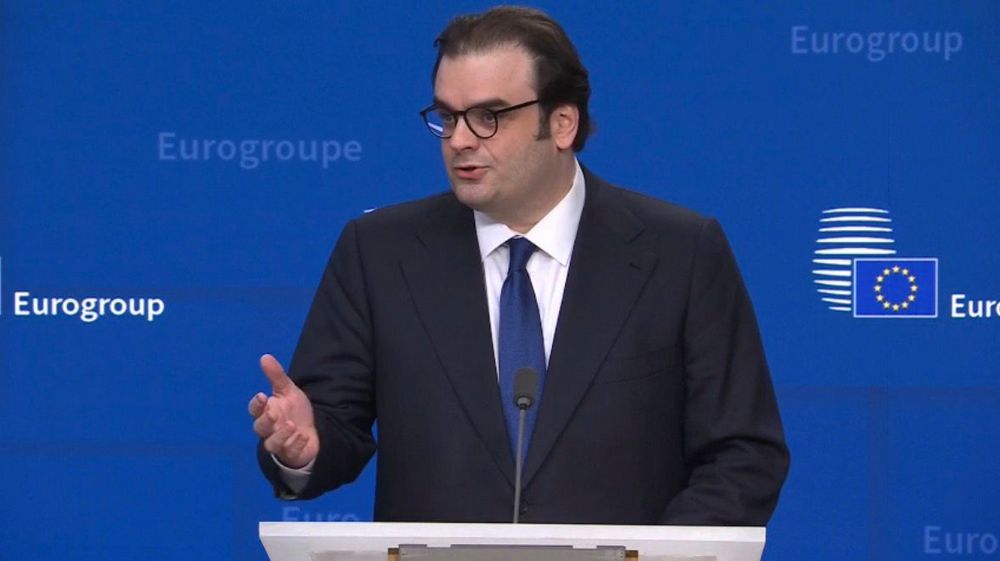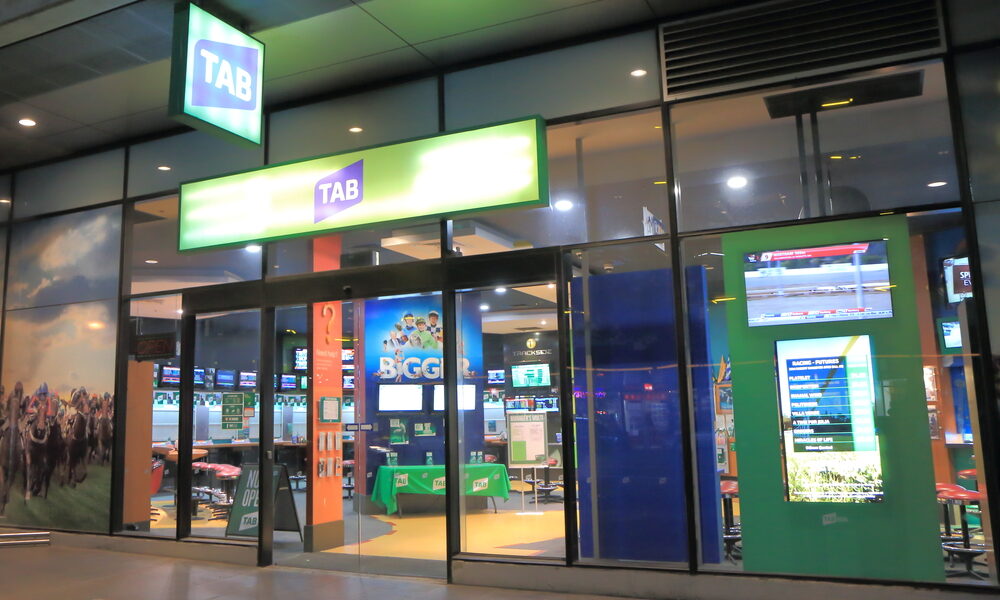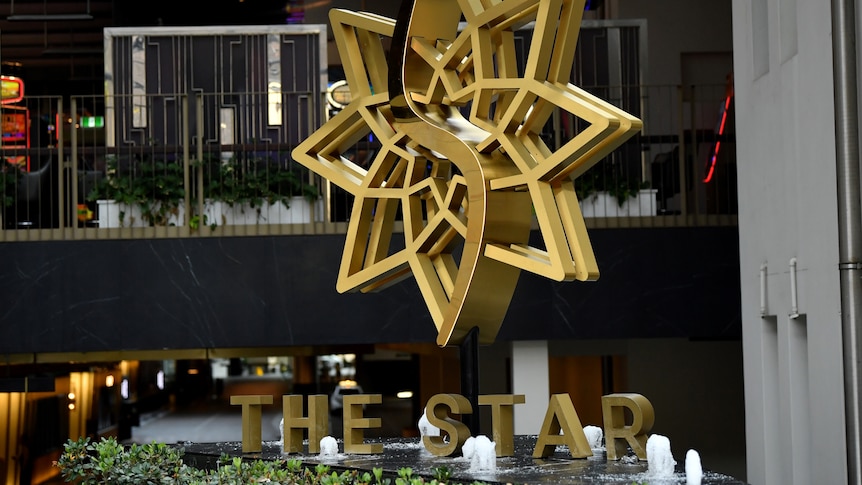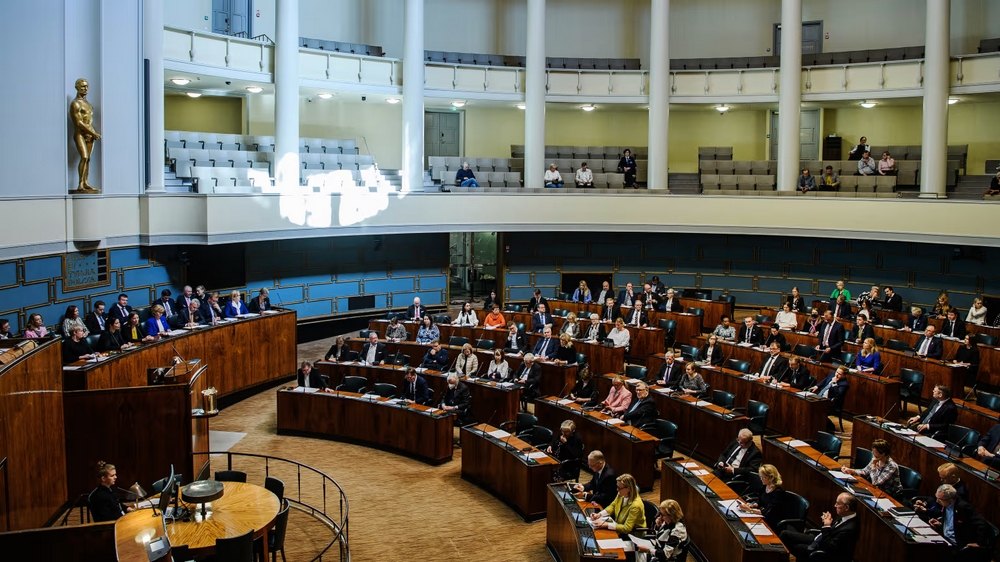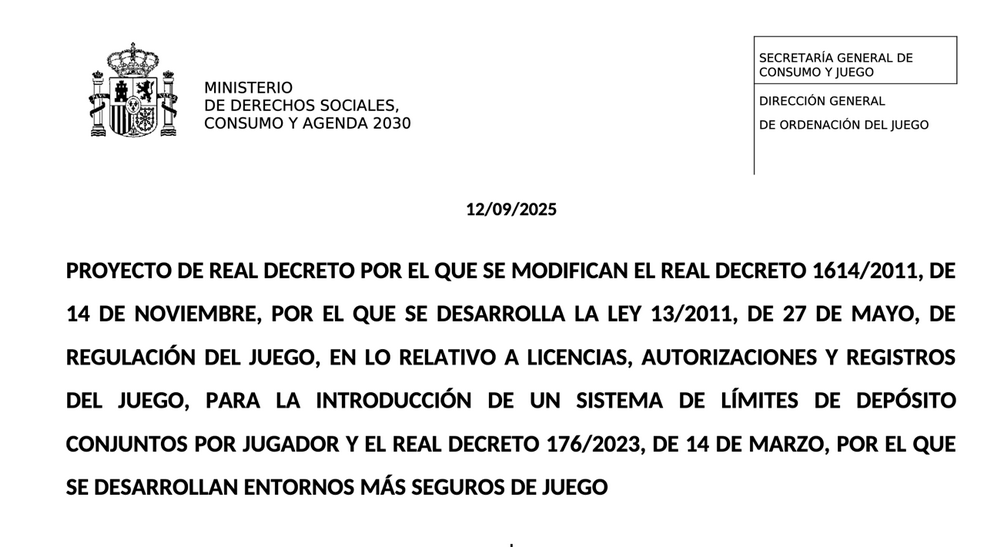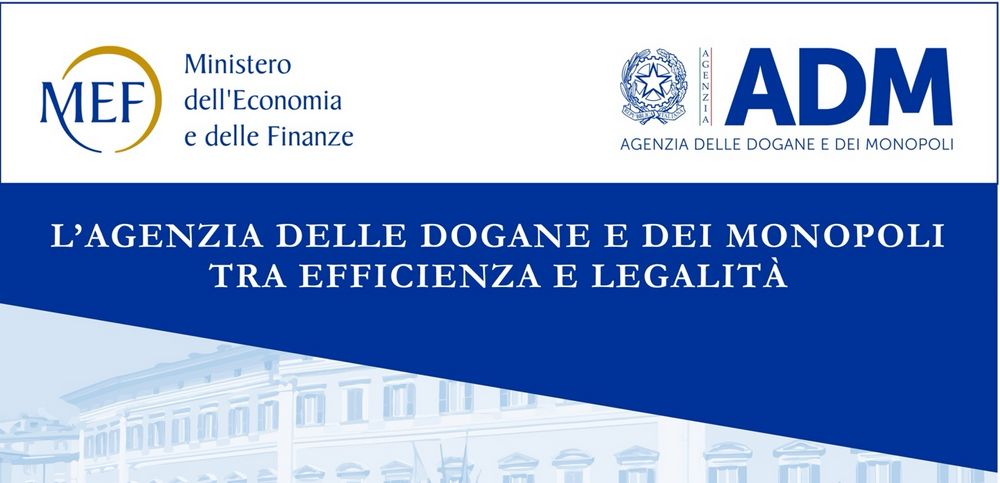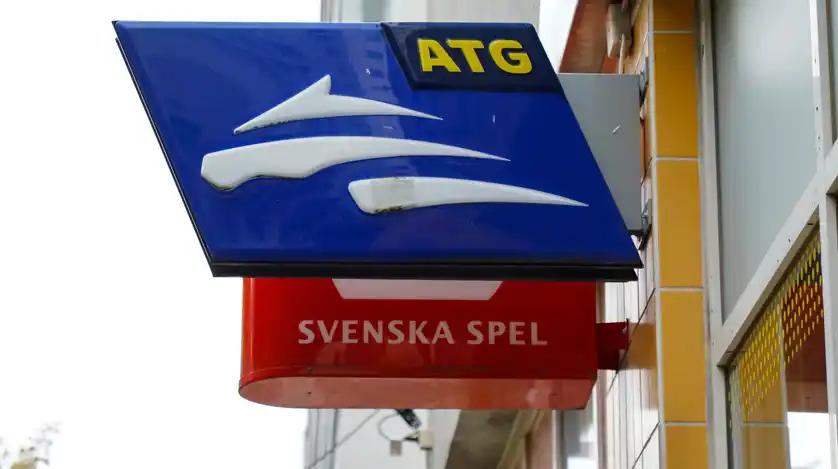A storm is brewing in the Nordic gambling industry as Swedish horse racing and betting giant ATG (AB Trav och Galopp) has formally filed an anti-competition complaint against Veikkaus, Finland’s state-owned gambling operator. This comes just as Finland prepares for a major restructuring of its gaming market, slated for liberalization in 2027.
In its complaint submitted to the Finnish Competition and Consumer Authority (FCCA), ATG outlines five specific practices that it argues unfairly restrict free trade between the two countries and could provide Veikkaus an undue competitive edge when the Finnish monopoly ends.

Among the key allegations are:
- Unilateral termination of data-sharing contracts and broadcast agreements related to Finnish horse racing, directly affecting Swedish markets.
- Exclusive content restrictions, where Finnish race events are blocked from foreign betting platforms, particularly targeting ATG’s customer base.
- Long-term exclusive licensing agreements with key media and betting partners through 2030, which effectively lock out competitors during the critical market transition period.
- Commercial misuse of market dominance, including denying betting operators access to Finland's tote betting pools.
- Control of sensitive customer data, with Veikkaus holding a database of 2.6 million Finnish players—a powerful asset once the market opens.
Finland moves towards gaming license system, ending Veikkaus monopoly by 2026
ATG argues that these tactics distort fair competition and amount to a form of state-aided protectionism, threatening the EU’s free-market principles. “This is not just about us. It’s about ensuring that Finland’s market liberalization is real and competitive,” said a senior legal advisor at ATG, speaking on background.
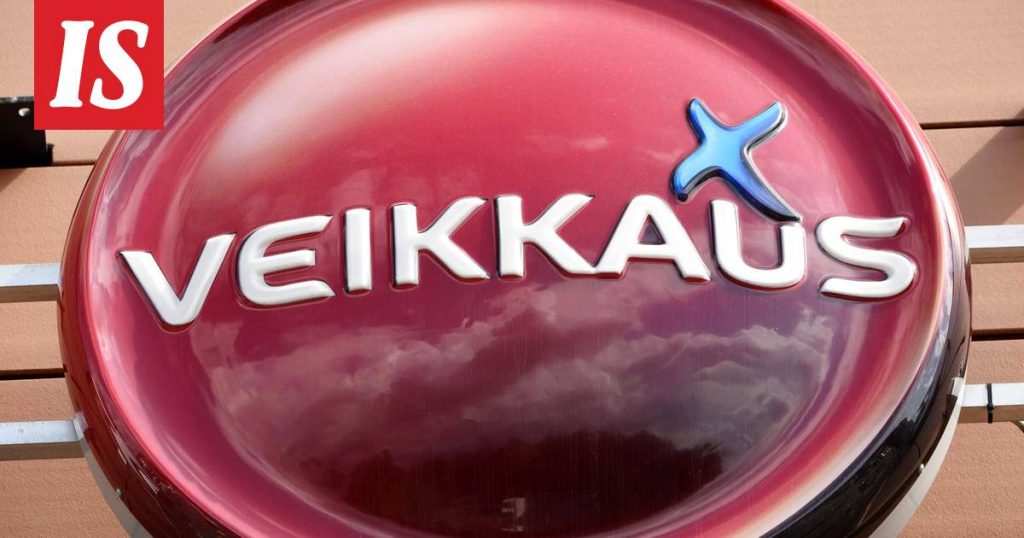
Veikkaus, however, has categorically denied the accusations, calling them “baseless” and “politically motivated.” A spokesperson stated, “We operate within the current legal framework and reject any notion of abuse of dominance.”
The FCCA has not yet issued formal findings but confirmed it is conducting a preliminary investigation. Industry experts say the outcome could influence how Finland structures its upcoming licensing regime and whether it allows foreign entrants to compete on equal terms.
This case highlights deeper concerns about state operators securing long-term advantages before the end of monopolies. With Finland’s market worth over €2 billion annually, what happens next may set a precedent not only for the Nordics but across all EU jurisdictions contemplating similar transitions.











